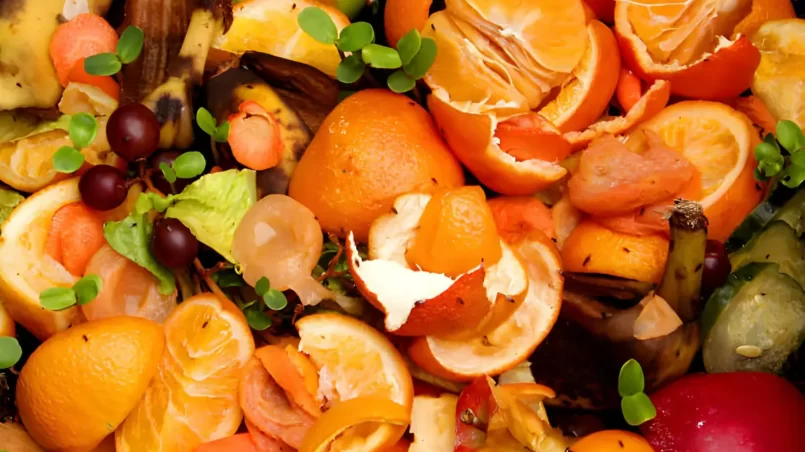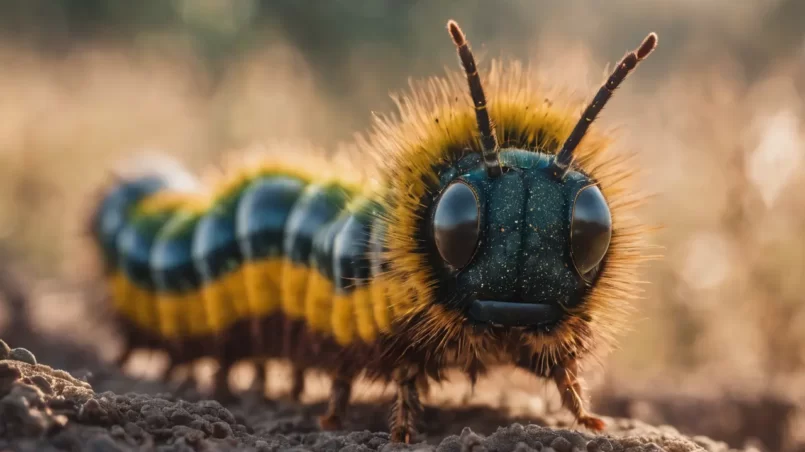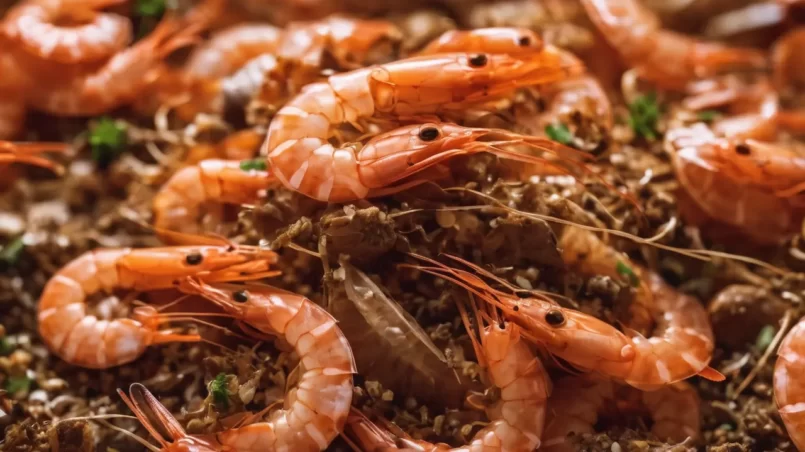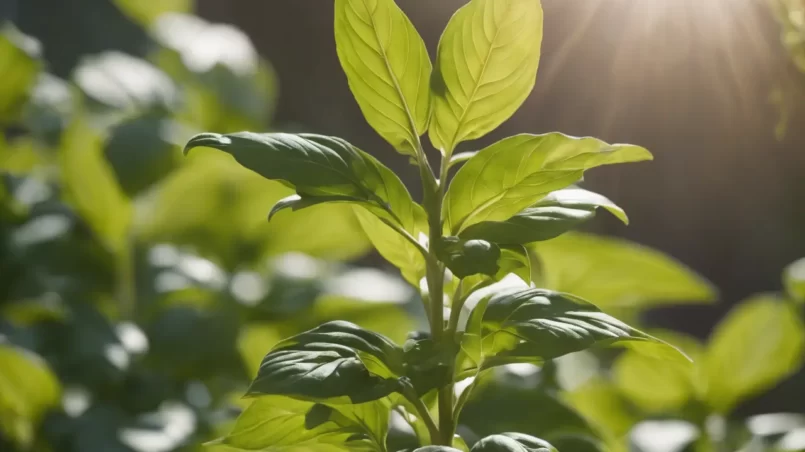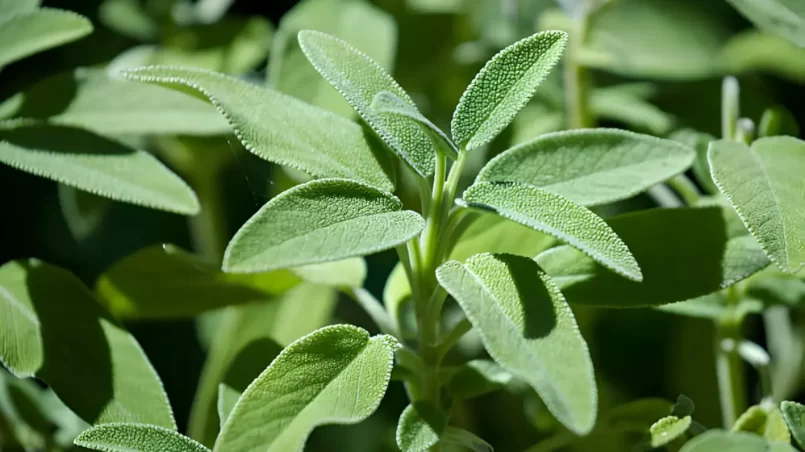Composting is a vital practice for garden enthusiasts, turning organic waste into nutrient-rich soil that benefits plant growth. A frequent question among composters is whether citrus fruits, with their distinct characteristics, can be successfully integrated into compost. This article addresses this query, exploring the role of citrus in composting and offering guidance for best practices. Citrus in Composting Citrus fruits, such as oranges, lemons, and grapefruits, are known for their...
Category - Gardening
Caterpillars, the larval stage of butterflies and moths, play a crucial role in many ecosystems. Not only are they essential for the pollination process as they mature into their adult forms, but they also serve as a vital food source for a variety of animals. This introductory section will highlight the importance of caterpillars in the ecosystem and touch upon their fascinating transformation into butterflies or moths, which is a key aspect of their ecological significance. Common...
Composting is a key component of sustainable living, allowing organic waste to be repurposed into nutrient-rich soil. A common question among composting enthusiasts is whether shrimp shells, a frequent byproduct of seafood cooking, can be added to compost piles. This article explores the feasibility and benefits of composting shrimp shells, along with essential guidelines for doing so effectively. Shrimp Shells Shrimp shells are primarily composed of chitin, a fibrous substance that is...
Marigolds, belonging to the genus Tagetes, are vibrant and popular flowers known for their bright orange, yellow, and red hues. Widely used in gardens for their aesthetic appeal and reputed pest-repellent properties, marigolds play a significant role in various ecosystems. Contrary to popular belief, while they are resistant to some pests, they are not immune to all. This section will introduce marigolds, outlining their importance in gardens and their role in the broader ecosystem. Marigold...
Basil, a staple herb in culinary traditions worldwide, is also a favorite among gardeners for its aromatic leaves and ease of growth. A common question that arises is the importance of sunlight in cultivating healthy basil plants. Understanding the light requirements of basil is crucial for both novice and experienced gardeners to ensure a bountiful and flavorful harvest. Basil Plant Requirements Basil (Ocimum basilicum) is a herbaceous plant known for its fragrant, green leaves. It...
Sage, renowned for its culinary and medicinal uses, has long been a staple in gardens and kitchens worldwide. Beyond its popular use as a seasoning, sage is often touted for its ability to repel insects. This article examines the bug-repelling properties of sage, exploring both traditional beliefs and scientific evidence. Overview of Sage Sage, or Salvia officinalis, is a perennial herb belonging to the mint family. It is characterized by its woody stems, grayish leaves, and purplish...

